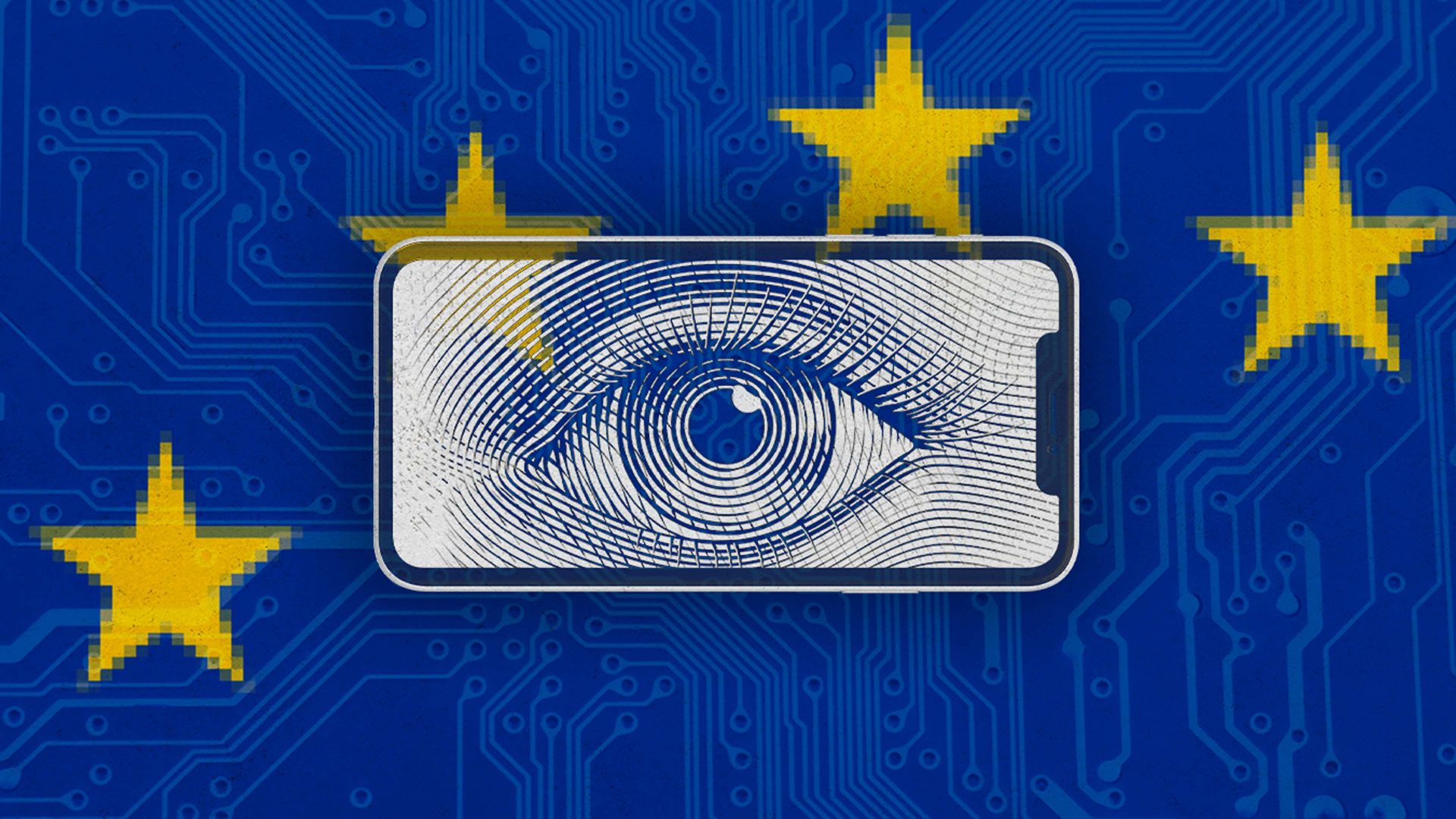It feels like there is not much that we, as a species, agree on at the moment. Even things that used to be matters of cross-party consensus have become polarised, and even old international allies seem at loggerheads with one another.
But if there’s one thing that seems to unite almost everyone, it’s that big tech deserves a reckoning – and it’s starting to get one.
Big tech has been blamed – usually with some degree of justification – for fuelling our political polarisation, failing to act against hate speech, starving the traditional media of funding, enabling criminals to flourish, and making huge profits (on which it pays little tax) all the while.
It’s the European Union that seems to be taking the most decisive action, with the Digital Markets Act (DMA) finally coming into force this month. The DMA is designed to target the very biggest online platforms and require them to open up their services in ways that benefit consumers and smaller rivals.
The bar is set high – companies must have at least 45 million monthly active users and a market valuation of at least €75bn. Services that hit this threshold have a slew of additional requirements, including providing access for apps to be downloaded, giving users more say in which apps are automatically installed, and the requirement for messaging services to be cross-compatible with other platforms. Failure to comply could come with monumental costs: the DMA gives the EU the power to fine companies up to 10% of their annual revenue (not profits) if they don’t act. This is serious stuff.
None of these moves, though, are particularly targeted at misinformation or polarisation – indeed, in reducing big tech’s ability to police their “walled gardens” it could actually make such issues worse – but instead are aimed at helping new tech competitors emerge and challenge the existing order.
A cynic would note that it’s very easy for the EU to introduce a law like this – none of the world’s online tech giants are based in EU countries, and so this could be read (and is, by some overseas) as an attempt to give EU tech companies a chance to break into the scene using the power of international law, rather than simple market competition.
But in some cases at least, the EU is on solid ground: Apple has long been able to hold a monopoly over all sales made through apps on its service, taking a huge 30% cut of every transaction, and banning whoever it likes from its platform on its own grounds. It is clear how that could stifle competition.
Other aspects are more puzzling – requiring all messaging services to be capable of messaging each other could mean that the security which services have spent years building into the products is undermined, leaving consumers more vulnerable. And if big messaging apps have to co-operate with each other, does that not stifle rather than encourage innovation?
The EU’s track record on legislating big tech is, at best, mixed. It has always talked a good game and passed laws that look very scary – the data protection regime known as GDPR among them.
But in reality, what has GDPR actually accomplished? The business model of big tech continued unchanged, but lots of smaller, European, companies have had to go through endless compliance and cost to fall in line with the rules. For consumers, browsing in Europe (and the UK) now means clicking through two to three different privacy settings every time you open a new website. The whole thing sounded like a great push against big tech, but the end result was just a worse user experience and a bunch of administrative hurdles for would-be rivals.
The DMA is certainly much more ambitious and expansive, but “ambitious” and “expansive” usually mean something that’s even harder to get right. Industry and civil society alike will be watching how everything shakes out with interest.
The EU isn’t alone in trying to confront big tech, though – the US is getting in on the act too, at least to an extent. The Department of Justice is set to begin a huge antitrust case against Google – said to be the biggest case since the US government tried (and failed) to force the breakup of Microsoft in 2000.
At the core of the case is that Google now comes pre-loaded as the search engine of choice in different browsers – for which the company pays huge amounts of money to device manufacturers and browser makers, like Mozilla (who make Firefox). The DoJ argues that this denies consumers choice and cements an unfair monopoly for Google in the search.
This is certainly a much more confrontational approach than any US agency has taken towards Google in quite some time, but the problem seems to be that most US legal observers think the DoJ’s case is, at best, weak.
Google’s lawyers have already put in submissions showing that it takes around four clicks to change your default search, should you wish, and that consumers know how to do this – citing that on Microsoft browsers, which use Microsoft’s own Bing search engine as default, a majority of users quickly and voluntarily switch back to Google.
The very nature of the case speaks to the problems of “tackling big tech”. When most of us think about what we want from tech regulation, our minds do not turn to things like default search options, or interoperability.
What we want is a tech sector that is accountable for the huge power it wields over the information ecosystem, and which is aligned with society in wanting to spend the right amount of money to moderate its services. We want the AI rollout to be done carefully and with a lot of attention to potential negative consequences. We want to feel like big tech is paying its fair share of taxes in every market in which it operates.
That’s the risk with looking at the shiny and headline-grabbing maximum penalties of something like the DMA – the EU is both shouting loudly and it’s carrying a big stick. But can anyone make out what it is they’re actually asking for?




